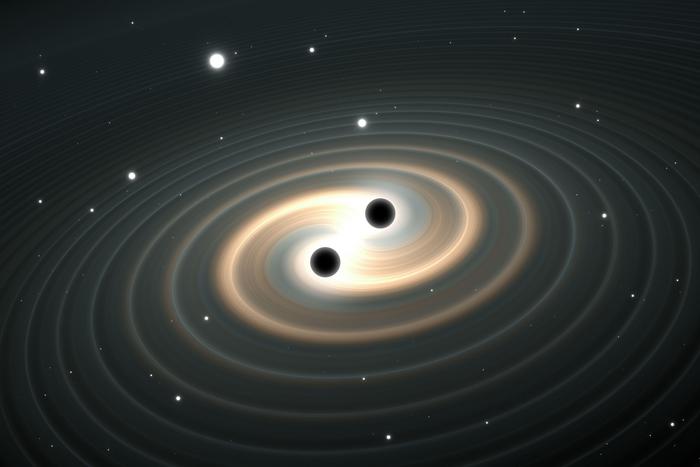Revolutionary Progress in Gravitational Wave Science
Scientists have launched a new approach to detecting gravitational waves in the milli-Hertz (mHz) frequency range. This breakthrough paves the way for exploring cosmic events that traditional detectors cannot observe. Gravitational waves, ripples in space-time caused by massive cosmic collisions, have fascinated astronomers since their first detection. However, until now, most instruments could only capture high-frequency waves, missing a vast array of astrophysical phenomena.

Unlocking Unseen Astrophysical Phenomena
Detecting gravitational waves at the milli-Hertz frequency unlocks a new window into the universe. Researchers can now study phenomena such as merging supermassive black holes and other exotic cosmic events that emit low-frequency gravitational waves. This approach offers deeper insights into the workings of our universe and could help solve longstanding mysteries in astrophysics. By opening the milli-Hz frontier, scientists are poised to make discoveries that were previously out of reach.
















